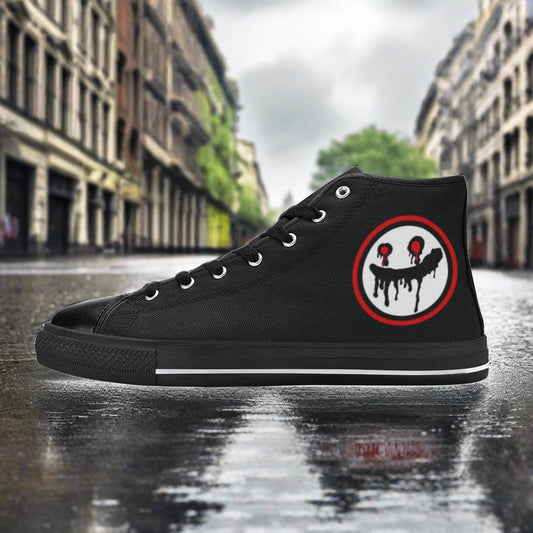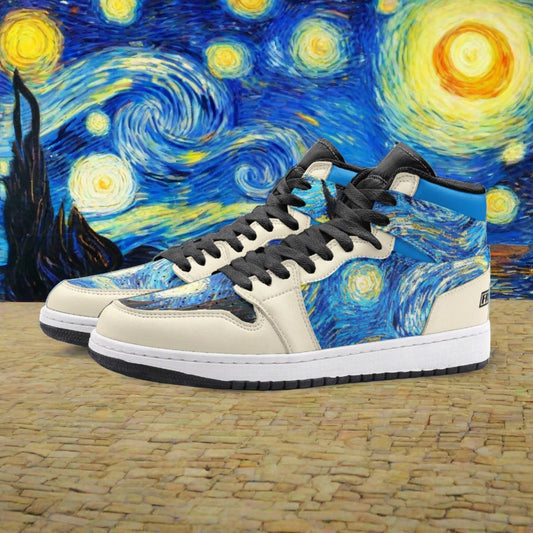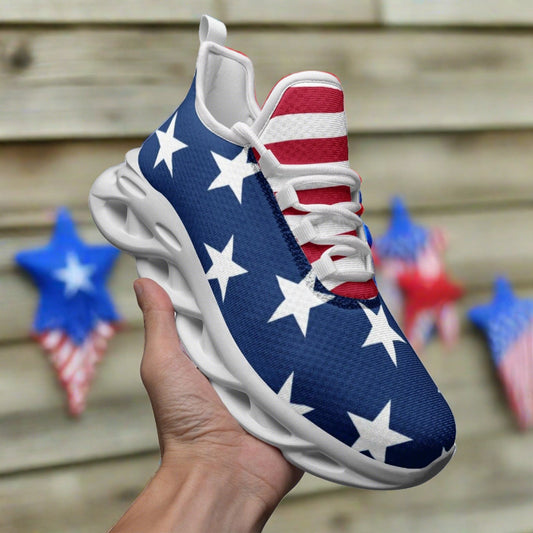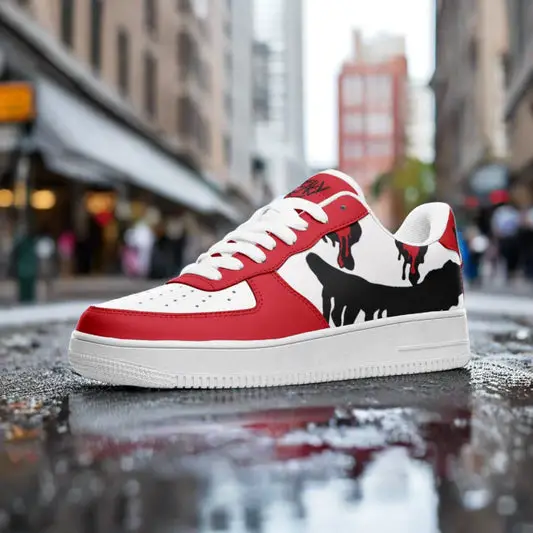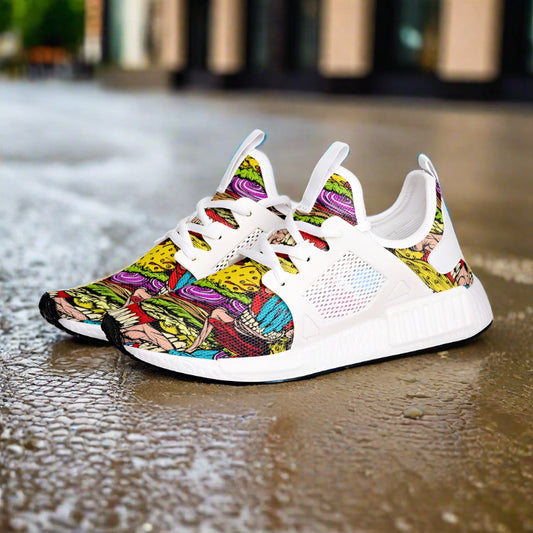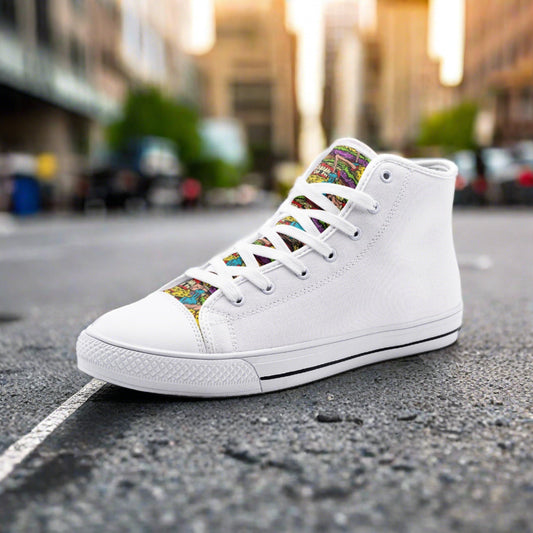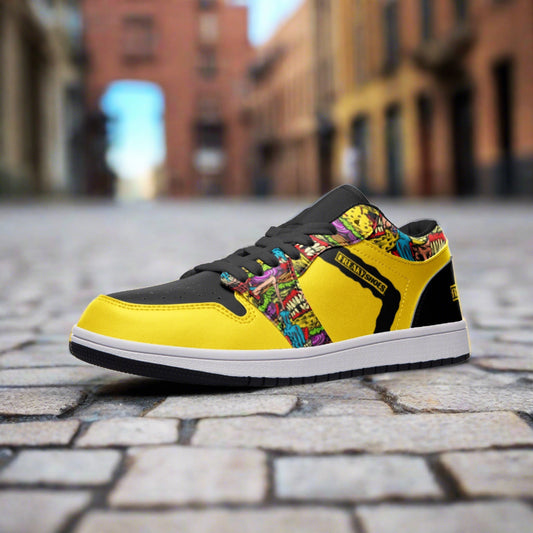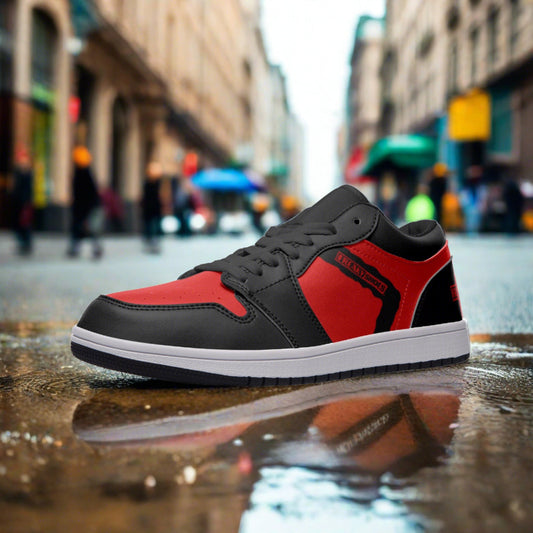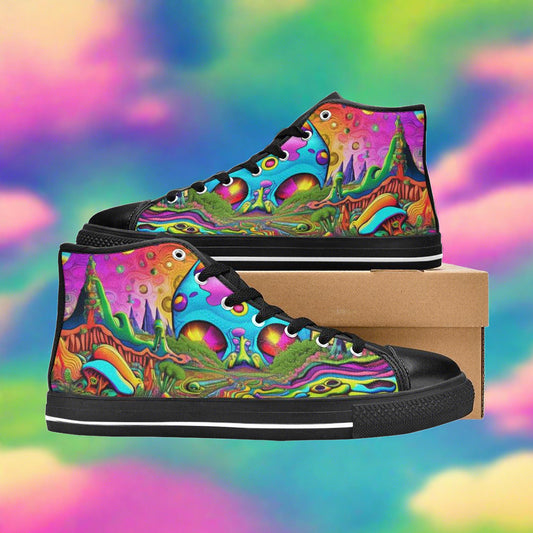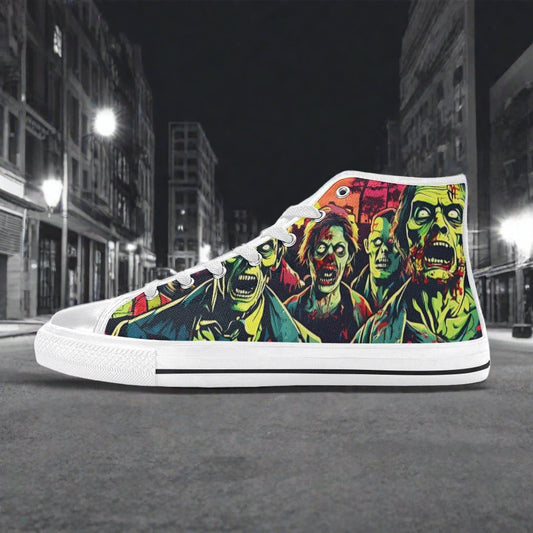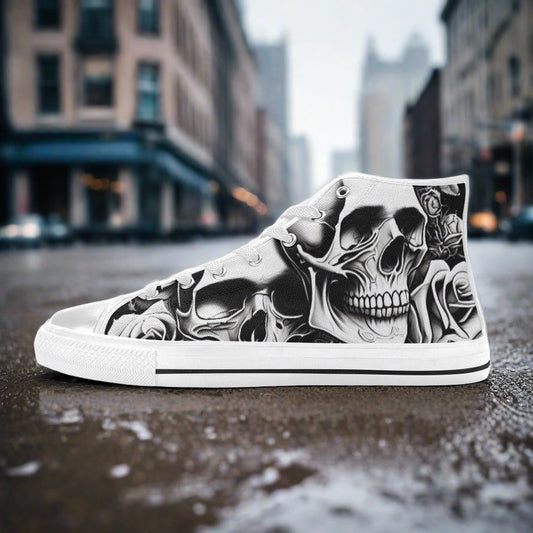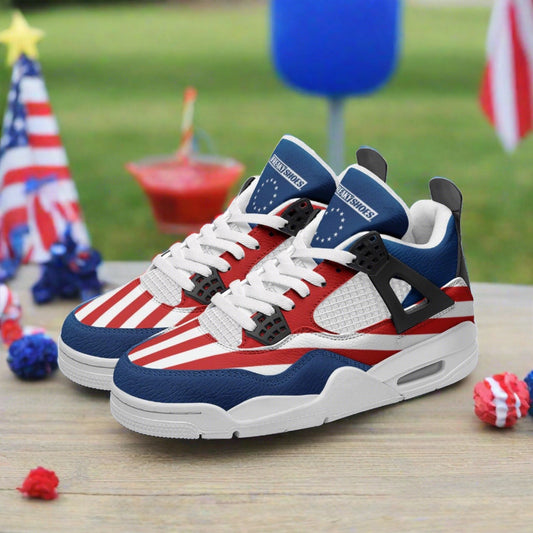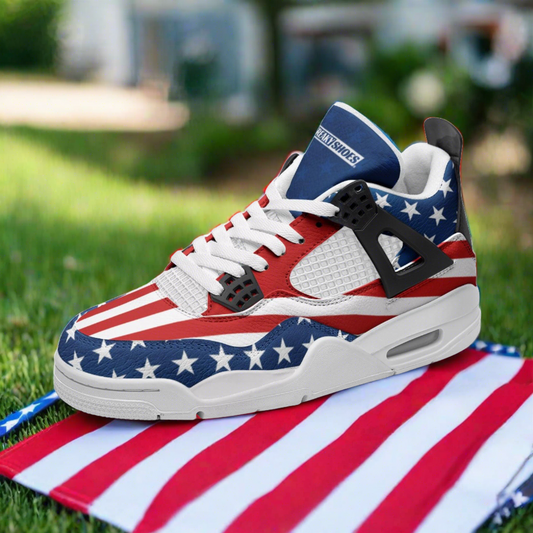Running should feel smooth, not painful. But if your shoes don’t absorb impact well, every mile can feel like a struggle. That’s why max-cushioned shoes like the Hoka Bondi 8 exist. They promise comfort and support, but does this model truly deliver?
After testing it on long runs, short jogs, and daily walks, we found the real strengths and weaknesses of the Bondi 8. So, if you’re wondering if it is the right choice for you, then this review is for you.
In this Hoka Bondi 8 review, you will find out:
-
Pros
-
Cons
-
Comparison with others.
Let’s get started.
Key Takeaways
-
The Bondi 8 has plush cushioning but feels firmer than expected.
-
It is great for long-distance comfort but lacks bounce and energy return.
-
The narrow midfoot and stiff heel collar may cause discomfort for some.
-
Excellent stability makes it ideal for heel strikers and walkers.
-
The engineered mesh upper keeps feet cool and secure.
-
It is heavier than many cushioned running shoes, which affects speed.
-
Durability is impressive, with strategic rubber placement for long-lasting wear.
-
It competes well with other cushioned shoes but lacks flexibility and responsiveness.
Hoka Bondi 8 Review: Real Experience After Miles of Testing

The Hoka Bondi 8 is built for comfort and support. It is designed for runners and walkers who need maximum cushioning and a smooth ride. We tested it on long runs, short jogs, and daily walks. The shoe delivers in many areas, but some details might not suit everyone.
After serious miles, here’s what we found.
Engineered Mesh Upper – Breathable and Secure
The upper is lightweight and flexible. It allows air to flow, keeping the feet cool during long runs. Even in warm weather, there was no overheating. The material is soft, reducing friction and preventing irritation.
The fit is snug but comfortable. It adapts to the foot without feeling tight. There is also a slight stretch, which helps accommodate different foot shapes. For those with wider feet, this makes a noticeable difference in comfort.
We wore it in both dry and humid conditions. The ventilation worked well in all cases. There was no sweaty buildup, and the feet stayed dry. A breathable upper like this helps prevent blisters and discomfort.
Memory Foam Collar – No Heel Slipping, All-Day Comfort
The memory foam collar adds plush support around the ankle. It creates a soft, secure fit, preventing the heel from slipping. This is especially helpful during longer runs when the foot needs extra stability.
We noticed that it eliminated rubbing and irritation. Some shoes cause blisters around the heel, but the Bondi 8 avoided that completely. The foam molds to the ankle over time, making it even more comfortable with repeated use.
This feature also helps with overall foot lockdown. The foot stays in place without the need for extra lacing adjustments. Whether running or walking, the collar keeps everything stable without feeling too tight.
Ultralight Resilient Foam Midsole – Soft but Supportive
Hoka is known for cushioning, and the Bondi 8 delivers. The midsole is thick and plush, but it doesn’t feel too soft. There is a balance between comfort and support, which makes it ideal for long distances.
On pavement and treadmills, the impact absorption was noticeable. Each step felt smooth and controlled. For those who deal with knee or joint pain, this cushioning helps reduce strain. We ran multiple miles in a row, and our legs felt fresher than expected.
The foam is lightweight despite its thickness. Some max-cushioned shoes feel heavy, but this one does not. Whether running at an easy pace or walking for hours, the midsole provides lasting comfort without dragging the foot down.
Rear Crash Pad – Smoother Heel-to-Toe Transitions
The rear crash pad absorbs impact and makes each step feel natural. For heel strikers, this feature helps reduce jarring landings and keeps movement controlled. It improves the overall feel of the shoe, especially for longer distances.
We noticed a difference on long runs. After multiple miles, the transition from heel to toe remained smooth. The shoe guides the foot forward naturally, preventing harsh landings. This helps reduce fatigue and keeps the stride efficient.
This also makes a difference for walkers. The crash pad adds stability and prevents the shoe from feeling clunky. Whether walking or running, the foot moves fluidly through each step.
Zonal Rubber Placement – Durable Without Extra Weight
The outsole has rubber only where it is needed most. This helps reduce weight while maintaining durability. Some max-cushioned shoes wear down quickly, but this one holds up well after serious miles.
We tested it on different surfaces, including pavement and wet roads. The grip was solid in all conditions. Even on slick surfaces, there was no slipping. This is key for runners who train in varying weather.
The lightweight outsole also improves flexibility. The shoe moves naturally with the foot, making each step feel smoother. This helps with both comfort and efficiency during runs or long walks.
Extended Heel Design – Added Stability and Support
The extended heel provides a wider base for stability. It distributes weight evenly, reducing wobbling and improving balance. This is helpful for runners who overpronate or need extra support.
We noticed how stable it felt, especially on uneven ground. The heel design keeps landings controlled and prevents any rocking motion. Whether going downhill or taking long strides, the shoe remains steady.
For runners who struggle with balance, this feature helps. The foot feels more secure, reducing strain on the ankles. This is a small detail that makes a big difference over time.
Problems With Hoka Bondi 8

The Hoka Bondi 8 is a well-cushioned, supportive shoe, but it is not perfect. Some runners have found issues that affect comfort and performance. The midsole feels firmer than expected, the fit can be tight in certain areas, and the shoe is heavier compared to others in its category.
Here’s a breakdown of the most common complaints.
Firm and Unresponsive Midsole
Hoka is known for its soft cushioning, but the Bondi 8 feels firmer than expected. Despite its thick midsole, the shoe lacks responsiveness and does not provide the bounce some runners look for. This can make the ride feel dull, especially on longer runs.
We noticed this when running at different paces. At slower speeds, the midsole absorbed impact well, but it did not return much energy. When picking up the pace, the shoe felt sluggish. There was no noticeable spring or push-off, which made running feel harder than expected.
For those who prefer a softer, livelier ride, this shoe might not be ideal. It works well for easy runs and recovery days but lacks the flexibility and energy return needed for faster efforts. This makes it more suitable for walking or casual wear rather than performance running.
Narrow Midfoot and Toe Box Fit
One of the most common complaints about the Bondi 8 is its narrow midfoot and toe box. Some runners have found the fit to be restrictive, which can lead to discomfort, especially on longer runs.
When testing the shoe, we noticed that the midfoot felt snug. For runners with wide feet or high arches, this can create pressure points. The toe box also felt a bit tight, limiting toe movement. After several miles, this became more noticeable, especially as the foot swelled.
For those who need extra space in the forefoot, this could be a dealbreaker. A shoe like the New Balance 1080v12 or Altra Torin would provide a roomier fit.
Stiff Heel Collar
The heel collar of the Bondi 8 is thicker and stiffer than expected. While it provides ankle support, it can also cause discomfort. Some runners have reported rubbing and irritation around the Achilles area, especially during the first few runs.
We felt this stiffness right away. Unlike the soft memory foam collar found in other cushioned shoes, the Bondi 8’s heel felt rigid. It took a few runs to break in, but even after that, the structure remained firm. This can be a problem for runners who prefer a more flexible, padded heel area.
For those with sensitive ankles, this design might cause issues. The stiff collar does help with stability, but it can create pressure on the Achilles tendon. If you have dealt with Achilles pain before, this is something to keep in mind.
Some runners have also mentioned heel slippage due to the stiff structure. The padding does not conform as well to different foot shapes, which can make the fit feel inconsistent. Tightening the laces helps, but it does not fully fix the issue.
Heavy Weight
The Bondi 8 is one of the heaviest cushioned running shoes on the market. Weighing 11.8 ounces (335 grams) for a men’s size 10.5, it is heavier than most of its competitors. This added weight can make running feel more sluggish, especially on longer distances.
We noticed this most when trying to pick up the pace. The shoe feels solid and stable, but it does not have the lightweight feel of other max-cushioned shoes. Compared to models like the Saucony Endorphin Shift or Brooks Glycerin, the Bondi 8 feels bulkier.
While the Hoka Bondi 8 is known for its cushioning, some runners prefer the lightweight feel of Breeze Shoes—here’s a detailed Breeze Shoes performance review.
Hoka Bondi 8 vs Hoka Bondi 9
The Bondi 9 is expected to bring some improvements over the Bondi 8, but both shoes focus on cushioning and stability. While the Bondi 8 is known for its durability and support, some users have reported issues with its firm midsole and heavy weight.
Comparison Table: Hoka Bondi 8 vs Hoka Bondi 9
|
Feature |
Hoka Bondi 8 |
Hoka Bondi 9 (Expected) |
|
Cushioning |
Thick but firmer than expected |
Softer midsole for more comfort |
|
Weight |
11.8 oz (335g, men’s 10.5) |
Lighter for improved agility |
|
Fit |
Narrow midfoot and toe box |
Wider toe box for better comfort |
|
Heel Collar |
Stiff, may cause irritation |
More padded for a softer feel |
|
Responsiveness |
Lacks energy return |
More bounce for better transitions |
|
Durability |
Long-lasting outsole |
Similar durability expected |
Hoka Bondi 8 vs Other Shoes
The Bondi 8 competes with several max-cushioned running shoes, each with its strengths and weaknesses. Compared to the Brooks Glycerin 20, the Bondi 8 provides more stability but feels heavier.
Comparison Table: Hoka Bondi 8 vs Other Cushioned Shoes
|
Feature |
Hoka Bondi 8 |
Brooks Glycerin 20 |
New Balance 1080v12 |
Saucony Triumph 20 |
|
Cushioning |
Plush but firm |
Soft and balanced |
Soft with more flexibility |
Softer with better bounce |
|
Weight |
Heavy (11.8 oz) |
Lighter (10.1 oz) |
Moderate (10.3 oz) |
Lightest (9.7 oz) |
|
Stability |
High |
Medium |
Medium |
Low |
|
Fit |
Narrow midfoot, stiff heel |
Wide toe box, comfortable |
Flexible with snug fit |
Wider forefoot, soft upper |
|
Responsiveness |
Low |
Moderate |
High |
High |
|
Best For |
Long runs, recovery, walking |
Balanced cushioning, daily runs |
Flexible, everyday comfort |
Soft, energetic rides |
For those who want a stable and cushioned shoe, the Bondi 8 is a solid choice.
Conclusion – Is the Hoka Bondi 8 Worth It?
The Hoka Bondi 8 is a solid choice for runners and walkers who need maximum cushioning. It offers comfort, durability, and support, but it may not suit those who prefer a lighter, more responsive ride.
Key Takeaways:
-
Best for long runs, recovery, and walking
-
Cushioned and stable, but not very bouncy
-
Narrow fit and firm midsole may not suit everyone
-
Heavy compared to other cushioned shoes
-
Great durability and breathability
That’s all.
If you enjoy high-performance footwear, this Nike Zoom Freak 1 review breaks down its traction, support, and durability.












